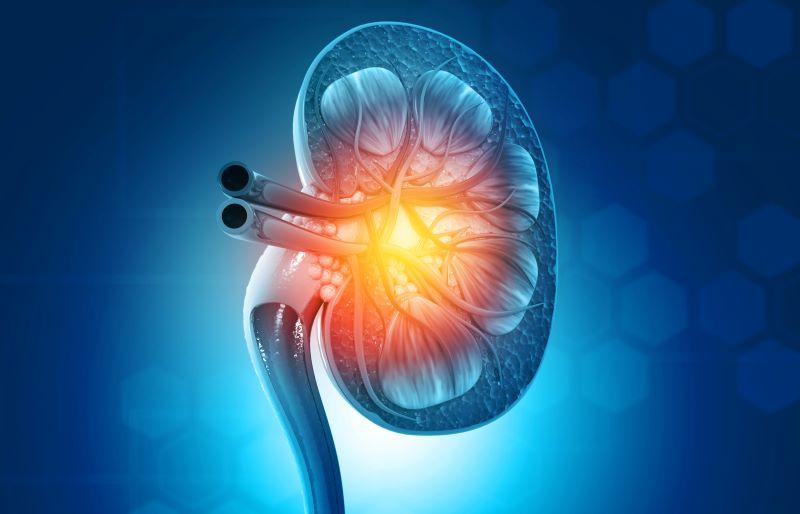If you are a business wanting to schedule multiple employees, please call the pharmacy at 870-423-2094 instead of using the website scheduler.
ATTENTION ALL MEDICARE CUSTOMERS:
Significant Changes to Medicare Part D Plans in 2024 that can affect you!
~ WE ARE LIMITED ON THE PLANS WE CAN TAKE ~
Learn how Economy Drug is addressing these changes – click here to read more.
Get Healthy!

- Posted November 9, 2022
Kidney Disease Is Tougher on Men Than Women, and Researchers Now Know Why
Women tend to be better able than men to recover from kidney injury, but why?
Apparently women have an advantage at the molecular level that protects them from a form of cell death that occurs in injured kidneys, a new study in mice has discovered.
"Kidney disease afflicts more than 850 million people worldwide every year, so it's important to understand why female kidneys are more protected from these acute and chronic injuries,"said study author Dr. Tomokazu Souma. He is an assistant professor in the department of medicine at Duke University School of Medicine, in Durham, N.C.
"Our study is a step toward identifying the causes, and suggests that this female resilience could be therapeutically harnessed to improve kidney repair in both sexes,"Souma said in a Duke Health news release.
In the study, researchers looked at a form of cell death called ferroptosis, which is dependent on iron and oxidative stress, and has been identified as a key player in kidney diseases.
The researchers used a special type of RNA analysis on mice. They found that being female conferred striking protection against ferroptosis through a particular pathway called nuclear factor erythroid 2--related factor 2 (NRF2).
This NRF2 is highly active in females. In males, the sex hormone testosterone reduces NRF2 activity and that promotes ferroptosis and undermines cell resiliency in kidney injury.
The team did additional experiments, finding that chemically activating NRF2 protected male kidney cells from ferroptosis. That means NRF2 could be a potential treatment target to promote renal repair after acute kidney injury.
"By identifying the mechanism in which the female hormonal environment protects and the male hormonal environment aggravates acute and chronic kidney injuries, we believe there is strong potential to boost the resilience of kidneys,"Souma said.
The findings were published online Nov. 8 in the journal Cell Reports. Importantly, animal research does not always pan out in humans.
More information
The National Kidney Foundation has more on acute kidney injury.
SOURCE: Duke Health, news release, Nov. 8, 2022
